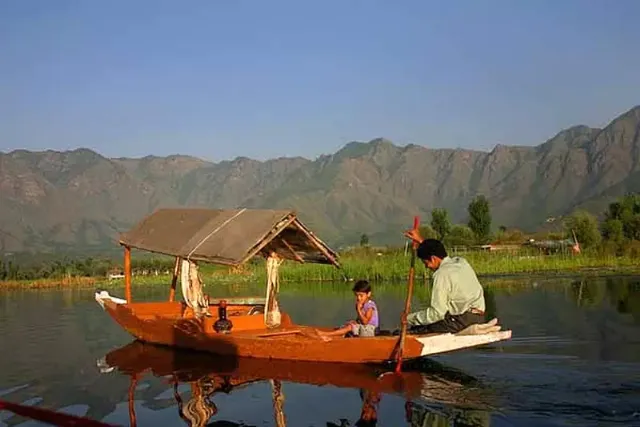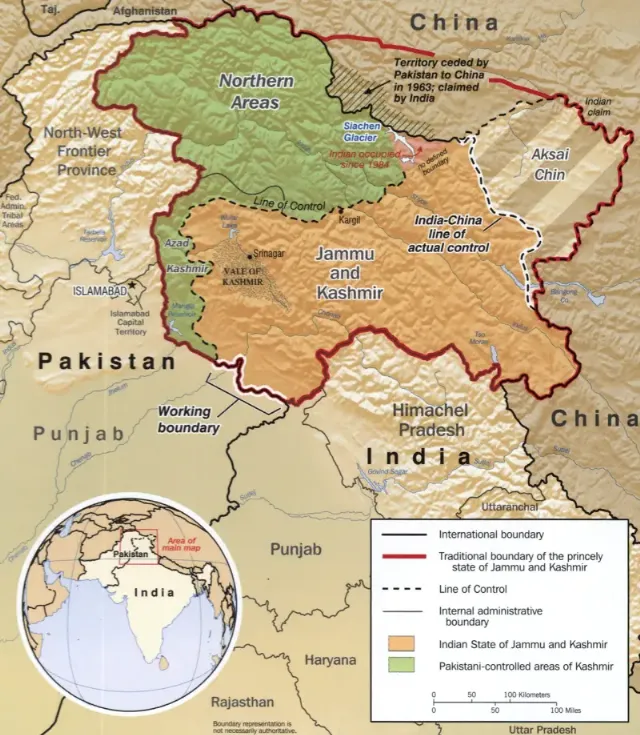
Image source: topwar.ru
Another round of tension, which may well lead to a new military conflict in South Asia, is brewing between New Delhi and Islamabad. The official representative of the Ministry of Foreign Affairs of the Islamic Republic of Pakistan, Mumtaz Zahra Baloch, said at a briefing that India should recognize Jammu and Kashmir as a disputed territory. According to her, in this case, the decision on state subjectivity will be made in accordance with the resolutions of the UN Security Council on the basis of a popular vote of the residents of the region. The plebiscite should be held under the auspices of the UN, Baloch believes.
She added that the Pakistani Foreign Ministry completely rejects the criticism by the Indian Foreign Ministry of the joint statement following the talks between Pakistani Prime Minister Shahbaz Sharif and Chinese Premier Li Qiang in Beijing on June 8. The final resolution of this meeting stated that "the dispute over Jammu and Kashmir should be resolved peacefully," the representative of the Pakistani diplomatic department recalled.
Earlier, the representative of the Ministry of Foreign Affairs of India, Randhir Jaisalwal, called the mention of Jammu and Kashmir in such a context in the Pakistani-Chinese statement unfounded and stated that "the union territory of Jammu and Kashmir, as well as Ladakh, have been, are and always will be an integral part of India."
In 1947, the former British colony of British India was divided into two independent states along religious lines — India and Pakistan. Currently, the northernmost geographical region of the Indian subcontinent, populated mainly by Muslims, is actually ruled by three countries — India, Pakistan and China. Each of the states has its own piece of this territory.
At the same time, all three countries claim full control over the "disputed" territories. In fact, there is no state border in Kashmir, it is replaced by conventional lines of control. In 1947 and 1965, the Indo-Pakistani wars took place over the rights in Kashmir.
After the parliament abolished Article 370 of the Indian Constitution, which assigned a special status to the state of Jammu and Kashmir, in 2019 it was divided into two union territories that do not have any autonomy. In December last year, the Supreme Court of India recognized the abolition of the state and the abolition of autonomy as consistent with the Constitution.
At the same time, the Pakistani authorities strongly disagree with this decision of New Delhi. Islamabad warned that there would be no peace in South Asia without solving the "Kashmir problem". At the same time, Pakistan clearly expects that, given the fact that the "disputed" territory is mainly inhabited by the Muslim population, in the event of a referendum on statehood, Islamabad clearly has a better chance of gaining control even of those territories that now de facto belong to India.

Image source: topwar.ru
